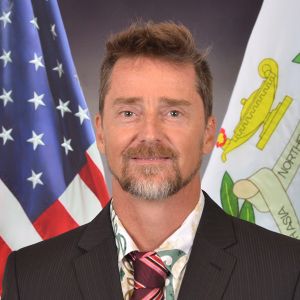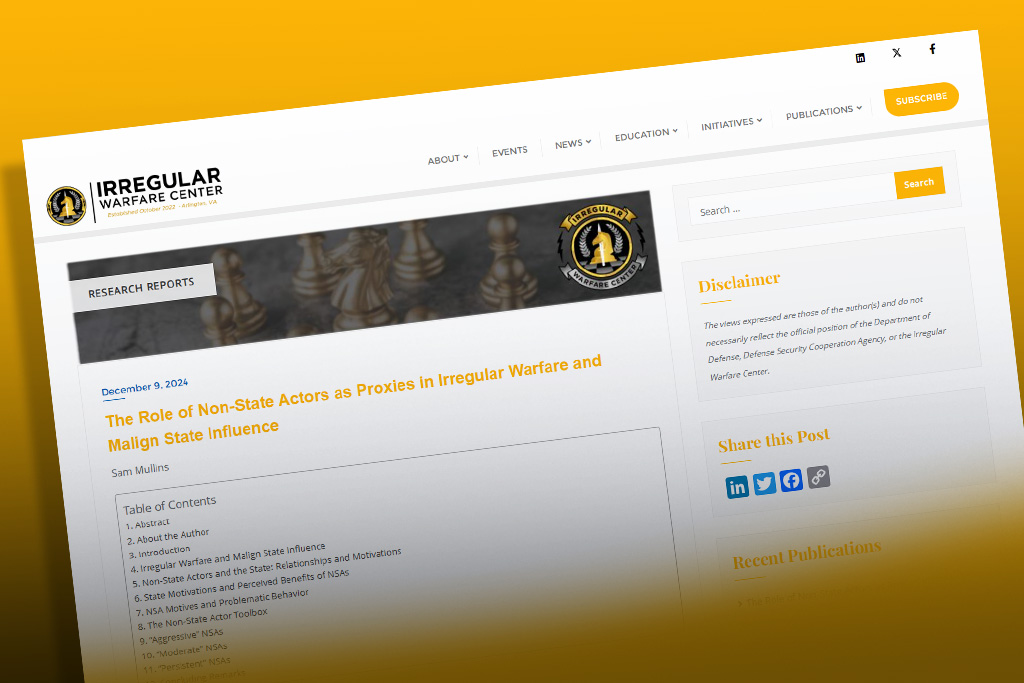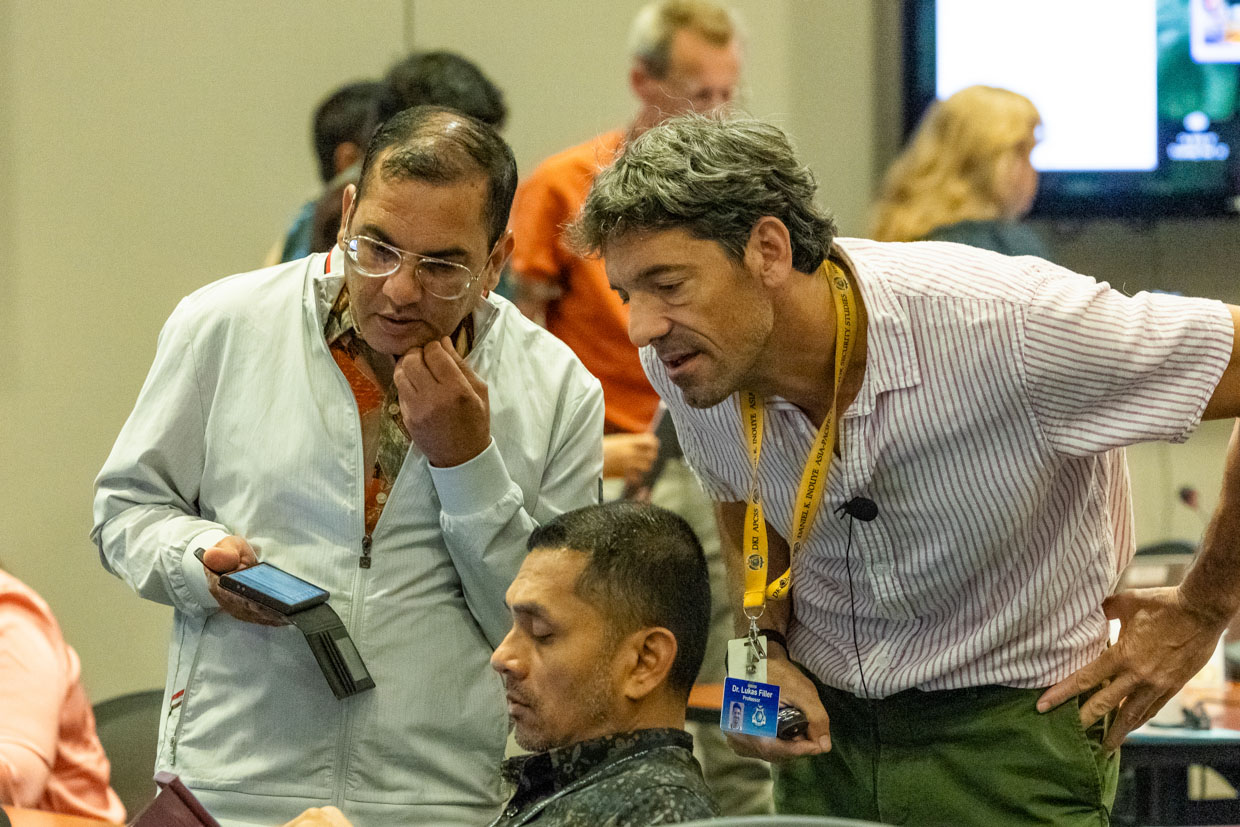
“Health Security in Hawaii by 2050: The Physical Effects of Climate Change” is the latest external publication by Daniel K. Inouye Asia-Pacific Center for Security Studies’ Dr. Deon V. Canyon.
Abstract
The World Health Organization defined climate change as the most important issue for the 21st century. In 2014, the State of Hawaii called climate change “a matter of security” that directly threatens “economic systems – food, water, energy, biodiversity and health” and has called for “actionable information for local decision making.” According to the Intergovernmental Panel on Climate Change, the burden of human morbidity attributable to climate change is relatively small although not well quantified. Nevertheless, generic climate change impacts are often used to justify actions without adequate supporting local evidence. This paper analyzes Hawaii’s health risks in relation to air pollution, heat extremes, ultraviolet radiation, and weather extremes and finds that Hawaii’s natural geography, robust water, and sanitation infrastructure render the islands less vulnerable to many of the often-mentioned climate change threats. It concludes that the health security threat posed by climate change effects on Hawaii’s physical environment over the next 35 years is slight in most areas and moderate with regard to ecosystem health. Because all global communities tend to be both discrete and unique in their vulnerability, it recommends the collection of grassroots, community-based resilience data to reveal local vulnerabilities that can inform strategic statewide planning.
For the complete article, go to https://www.degruyter.com/view/j/jhsem.ahead-of-print/jhsem-2017-0013/jhsem-2017-0013.xml.
The views expressed in this article are those of the authors and do not necessarily reflect the official policy or position of the Daniel K. Inouye Asia Pacific Center for Security Studies, the Department of Defense, or the U.S. Government.
-END-









Leave A Comment